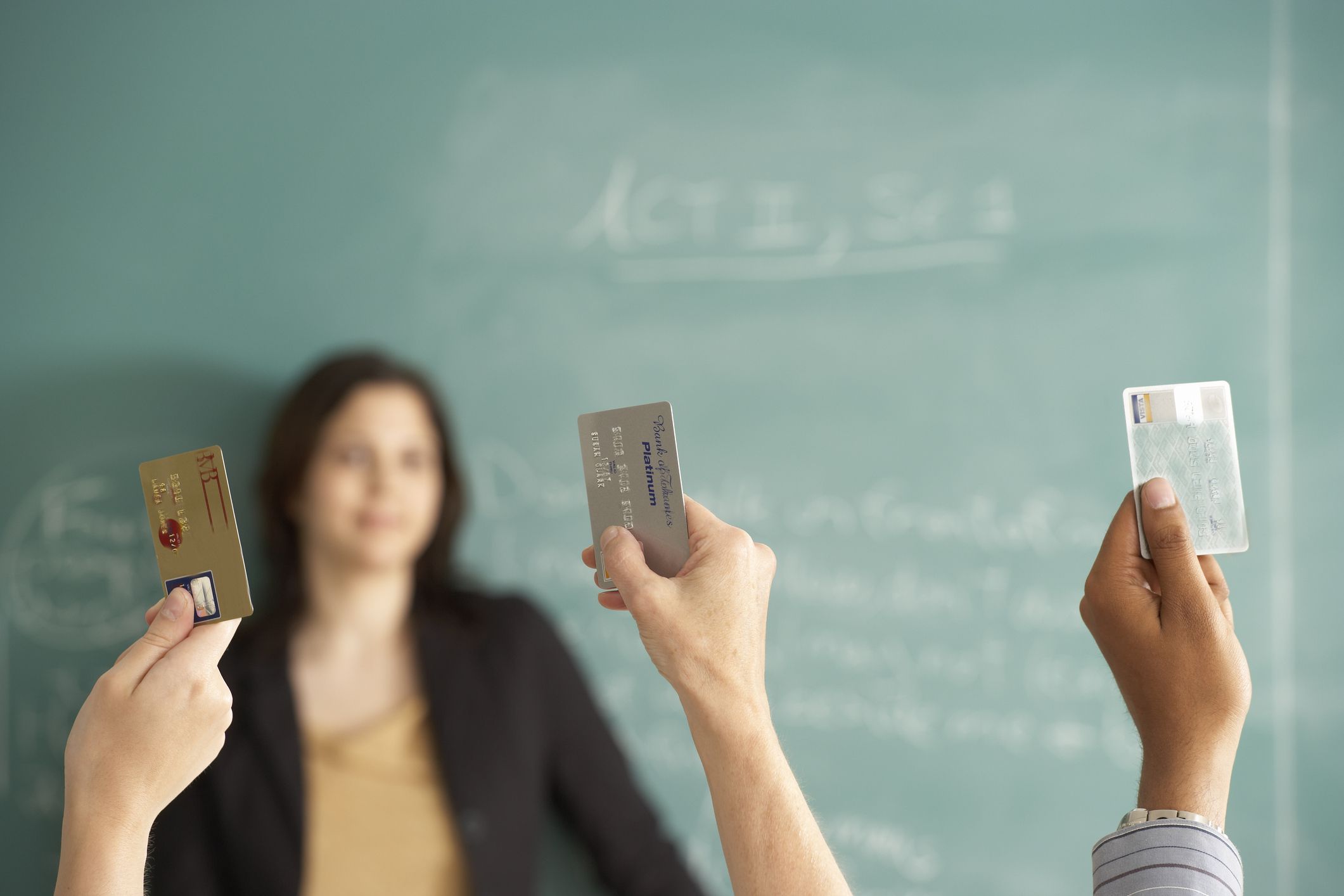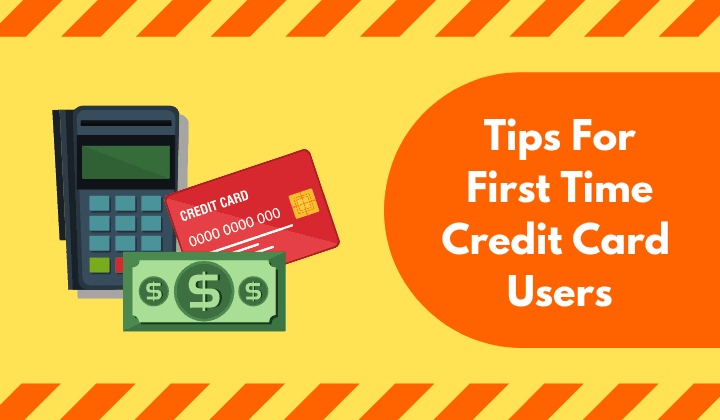Statistics claim that two of every three college students have at least one credit card. Statistics also prove that many of those first-time credit card owners will end up in financial trouble because they haven’t learned to properly use them. There are smart ways to use your first credit card, though. Here are some tips:
You can explore the smart ways for the availability of the No credit check payday loans with fewer formalities. There is a need to gather complete information about the payday loans. The checking of the tips is essential to have the best experience, The meeting of the needs is possible for each individual.

Learning how to properly use credit cards can help build your credit history instead of leaving big black marks on it. The benefits of having good credit means:
* Qualifying for lower interest rates on car loans or mortgages
* Getting a reduced cost for insurance
* Getting a decent apartment because many landlords check your credit these days
A good first credit card is one that doesn’t charge an application fee, has no annual fee, has a decent interest rate (approximately 14-17% for college students), and reports to all three major credit bureaus. If it doesn’t report to credit bureaus it won’t help you build credit and you’d want to find another.
Apply for only one credit card at a time. When you’re just starting out, you really don’t need more than one. Wait several months to a year before applying for more. Two credit cards may help establish your credit history, but more than that could easily result in problems.
Study the information you receive about your new card. It will explain the interest and any fees. You’ll have one interest rate for purchases you make, one for transferring credit from another card, and still another for making cash withdrawals. You’ll also want to know about late fees or over-the-limit fees. Do your best to avoid these fees as they are too high.
What is your credit limit? On most cards college students get, the limit is $500. However, after you’ve had the card for a while and have made your payments on time, your limit may be raised. Try to avoid spending more than 30% of your credit limit.
When is your payment due? When does the statement period close? And what is the toll-free telephone number for the card? You’ll want to know this information in case there is a question or problem with your card.

Remember, your first credit card is a tool that can greatly influence your financial future. Misusing credit can haunt you for years to come. Cash advances have a high interest rate, so avoid them. Late payments mean a fee of $30 or more and may increase your interest. Missing a payment entirely will knock 100 points from your credit score. Going over your limit can also cause a large fee.
Pay your balance in full each month; never pay only the minimum payment. The minimum payment, usually 2% to 3% of your total balance, will take you years to pay off and will result in having to pay an exorbitant amount in interest. The best idea is to pay the balance off each month and if you can’t do that, then it would be better not to make the purchase.
If you have a steady source of income, have your payments taken from your account automatically. This will ensure you won’t have a late payment. Just don’t forget to deduct that amount from your account or it could cause other problems.
